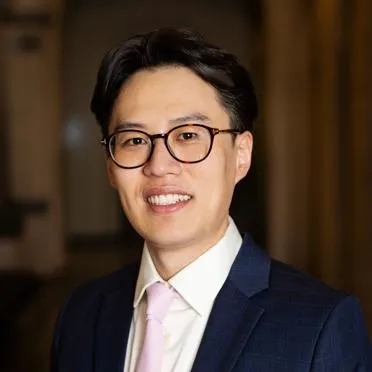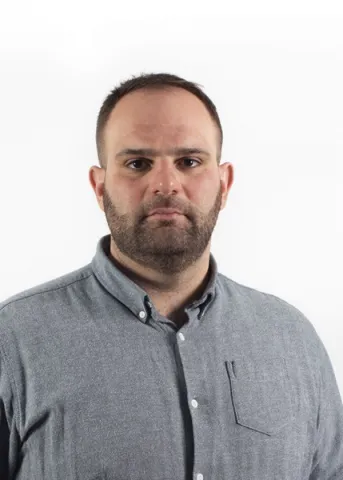About the project
This project explores quantum computing to enhance large-scale stochastic optimisation for energy system planning, addressing uncertainty in renewables. By integrating quantum and classical methods, it aims to solve large-scale models, advancing methodologies and supporting the energy transition.
Energy system planning is vital for achieving a net-zero European energy system by 2050. In this transition, renewable energy carriers such as wind and solar are pivotal. Managing the uncertainty associated with these sources is critical for a system with high penetration of renewables. Stochastic optimisation has been an important method for energy system planning under uncertainty. However, stochastic energy system planning models often become large and computationally intractable. Therefore, many optimisation decomposition algorithms have been developed to improve computational efficiency.
The rapid development of quantum machines presents an opportunity to develop quantum-based solution algorithms to tackle the complexity of real-world energy transition. However, significant gaps remain in developing and applying such algorithms.
This project aims to:
- harness the inherent uncertainty of quantum computing, arising from quantum superposition, entanglement, and probabilistic measurement outcomes, for stochastic optimisation,
- integrate quantum computing with classical decomposition algorithms for more efficient solution methods,
- apply these advanced techniques to solve large-scale energy system planning models, providing global insights into the energy transition.
Overall, the project seeks to leverage the rapid progress in quantum machines and classical optimisation algorithms to bridge the research gap, contributing to the methodology development of quantum-classical algorithms and supporting the energy transition.
The successful candidate will collaborate with experts in quantum computing, stochastic optimisation, computational optimisation, and energy systems. They will have the opportunity for a research stay at the SECQUOIA Research Group at Purdue University.

